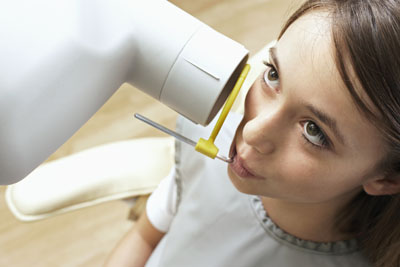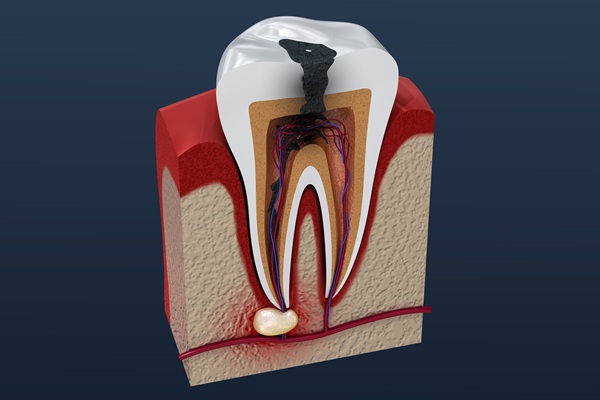Restorative and Soft Tissue Treatments That Use Dental Lasers

What do dental lasers have to do with oral health? When most people think of oral health, the first image that comes to mind is a mouthful of white, shining teeth. However, it is important to remember that your so-called “soft tissue,” i.e., your gums and tongue, also play a huge role in keeping you healthy and feeling great.
In an ideal world, the only thing you would need to do in order to ensure that your soft tissues were in great condition would be brushing, flossing and other routine dental care. But unfortunately, problems do sometimes arise, and in extreme cases, these can necessitate soft tissue procedures or even surgery.
Here is the good news: The number of options at your disposal is growing all the time. Innovative new ways of solving oral health problems are invented and refined on a regular basis. One example of this is dental lasers.
Laser dentistry has actually been around for some time now. Dentists and patients have been using it since the 1990s. But thanks to new innovations and increased patient awareness, laser dentistry is just now entering a heyday. Could this increasingly popular solution be the right choice for you? Read on to learn more!
What exactly is dental laser treatment and how does it work?
The notion of “laser surgery” can sound a bit intimidating to many patients (especially when it comes to an area as sensitive and important as the mouth!). But in fact, laser surgery is often a less invasive alternative to more traditional surgeries. Lasers are used as cutting instruments to remove tissue or bacteria, and the good news is, they are far more precise than knives or scalpels.
What common soft tissue issues can be treated with dental lasers?
So, could laser dentistry be the right solution for your needs? Of course, no internet article can diagnose or treat medical health conditions, so if you are in doubt, then the best course of action is to make an appointment with a dental professional. But to provide an overview, let us take a quick look at two of the most common and widely practiced applications of laser dental surgery.
Gingival recontouring
Sometimes, the shape of your gums can cause problems. For example, gums that are too high can leave your teeth prone to infection. Gums that are too low can also cause health problems, and many people also feel self-conscious of having an overly “gummy” smile. In gingival recontouring procedures, your dentist will essentially reshape your gums with the help of laser technology, giving you a healthy smile that will make you proud.
Impacted teeth
Teeth that cannot break through the gum are referred to as “impacted teeth,” and they can cause a laundry list of problems. From intense pain to a risk of infection and other complications, impacted teeth are a big deal, and in most cases, your dentist will recommend removal. Laser surgery is an increasingly popular option to deal with this situation due to its minimally invasive nature, which promotes faster recovery times for patients.
Need to discuss laser dentistry with a professional?
Request an appointment here: https://lincroftvillagedental.com or call Lincroft Village Dental Care at (732) 842-5005 for an appointment in our Lincroft office.
Check out what others are saying about our services on Yelp: Read our Yelp reviews.
Recent Posts
There is no one-size-fits-all answer to whether a smile makeover or a single cosmetic dental treatment is better. A smile makeover includes multiple procedures to improve the overall shape, color, and alignment of a smile in a planned order. However, some individuals may only need one cosmetic dental treatment to achieve their smile goals. The…
Patients often search for root canal treatment when a tooth aches from deep decay, a crack, or inflamed pulp tissue. This therapy removes irritated nerve tissue, disinfects the canal space, and seals the tooth to prevent reinfection. By preserving the natural root, the procedure maintains bite balance and chewing strength. With careful planning, a restored…
Dental implant restoration is a reliable and long-lasting solution for replacing missing teeth. However, caring for and maintaining your dental implant from the start is important to get the best results. A consistent oral hygiene routine and regular dental visits are necessary to protect this investment in your long-term oral health.Brushing and flossing are essential…
An implant dentist uses artificial tooth roots to anchor a restoration for a lost tooth or teeth. By replacing the lost tooth roots, dental implants provide you the strength and stability needed to chew food and perform other oral functions. Also, they help to stimulate and preserve jawbone structure, stopping bone loss, and maintaining facial…


